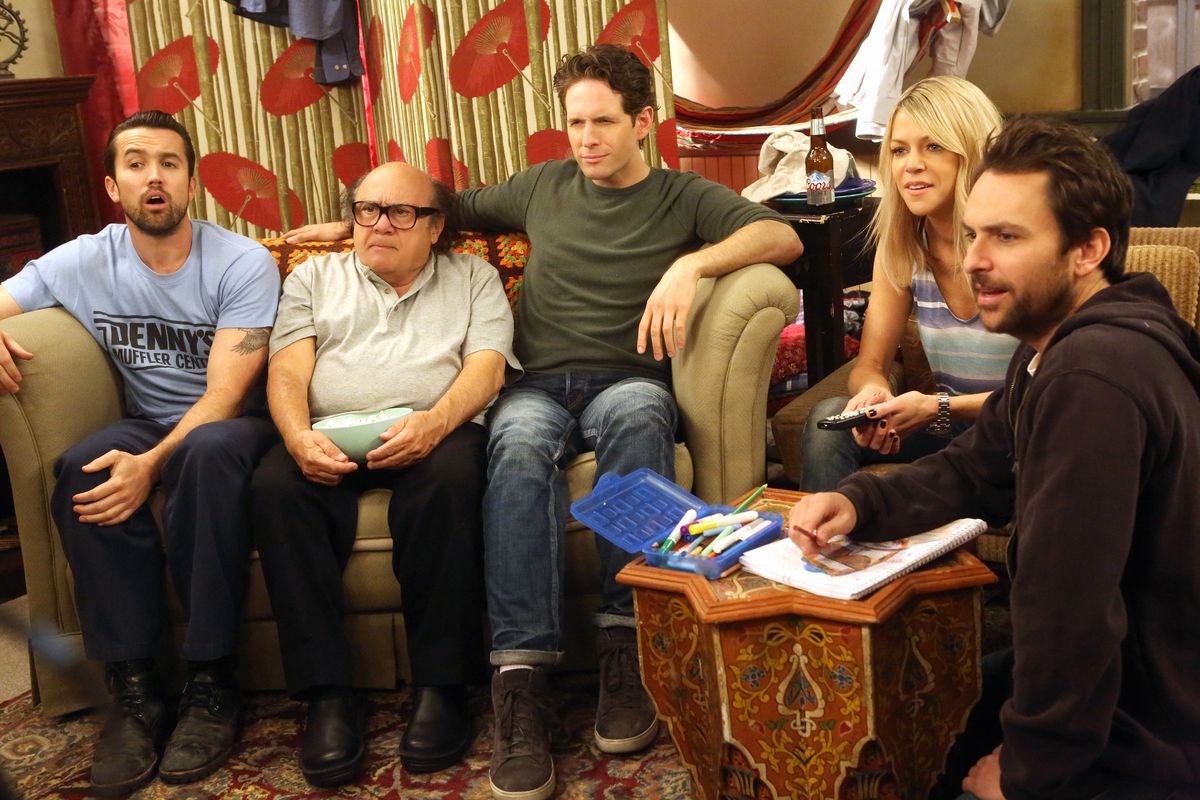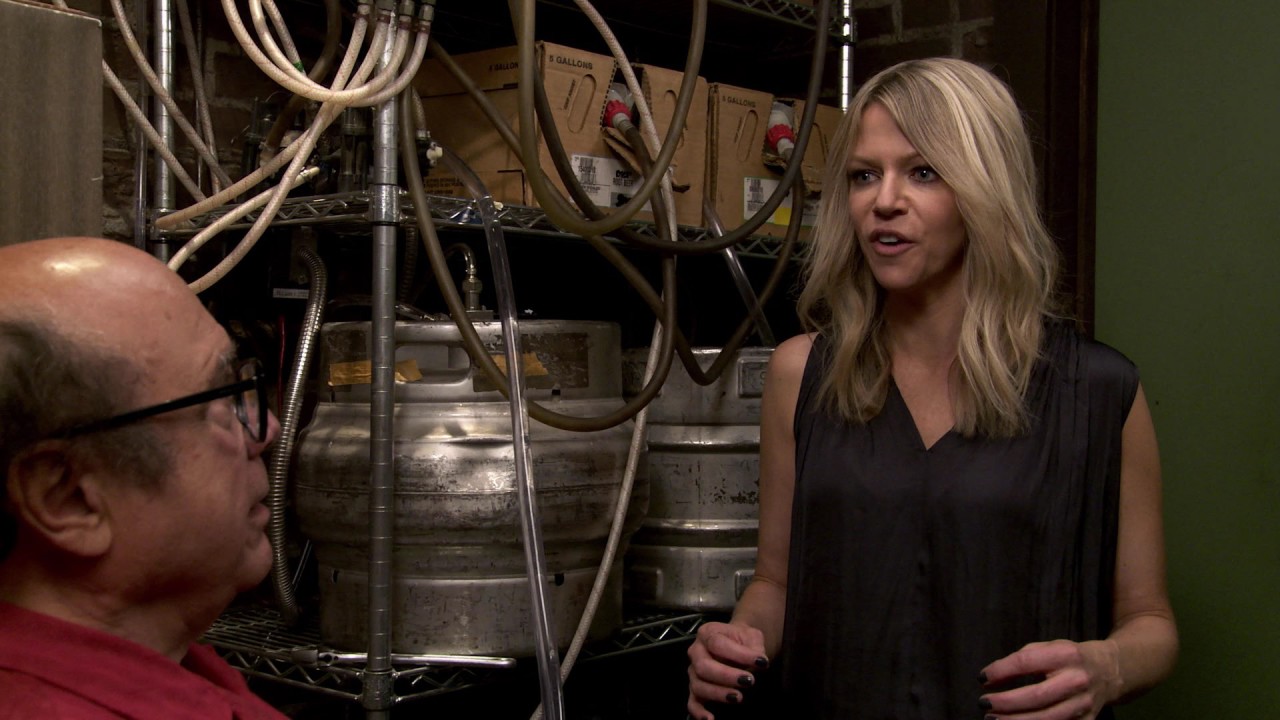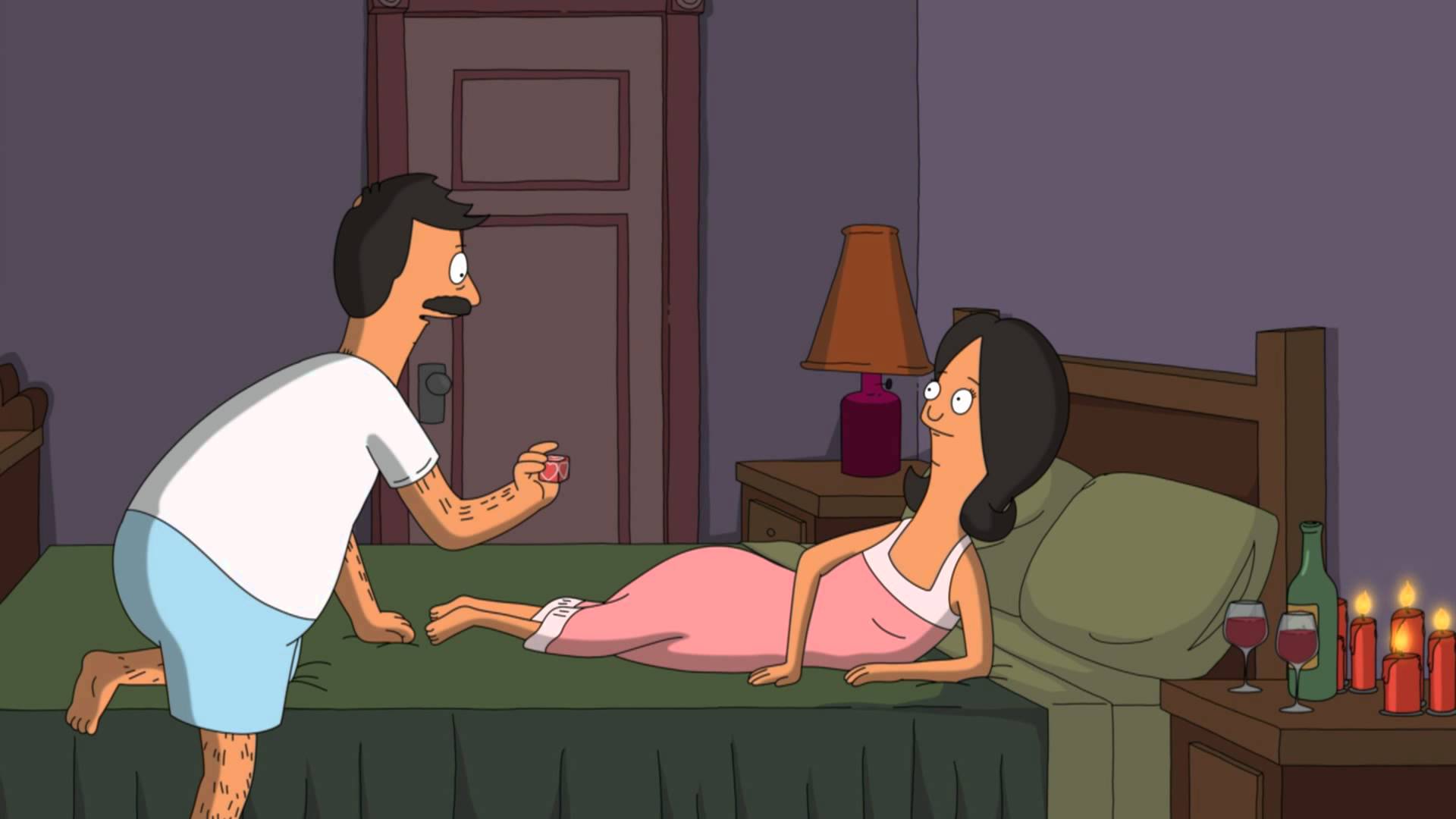Too many books by Negro writers are addressed to a white audience. By doing this the authors run the risk of limiting themselves to the audience’s presumptions of what a Negro is or should be; the tendency is to become involved in polemics, to plead the Negro’s humanity. You know, many white people question that humanity but I don’t think that Negroes can afford to indulge in such a false issue. For us the question should be, what are the specific forms of that humanity, and what in our background is worth preserving or abandoning.
Ralph Ellison, Shadow and Act, 1964
For African-Americans in the United States, the plea for humanity continues to manifest itself. The harmless manifestations gain the most attention and revolve around poor understandings of how language functions. The most recent example of this confusion is Raven Symone’s comments about being labeled “gay” and “African American.”
[youtube]https://www.youtube.com/watch?v=QXAho8vlmAI[/youtube]
The temptation to resist labels is reasonable. The preference of most people is to be judged by their own merits and character rather than stereotypes, negative or positive, based on sexual orentation, race, and a host of other levels. Being treated like a piece of data on a taxonomy chart can feel dehumanizing. Symone is not wrong to express her honest opinion on this subject, but the articulation of her opinion contradicts how language functions and creates an unnecessary, harmful dissonance between being human and being African American or gay. I will address here how this functions for the African American label.
In a column I wrote for Baller Mind Frame in March 2014 called “The idiocy of banning the n-word in sports,” I addressed the fluidity of language.
Improving one’s vernacular does not make them any less of an ass or change the intended message. Words themselves are important, but meaning without context is misguided. The factors are all subjective regardless of how passionate a speaker is or how carefully words are chosen. Language is a gift and a curse – infinitely malleable, governed by the orator and open to judgement by all.
Labels/Stereotypes function in the same way. Definitions for labels are crafted and refined, not pulled from the All-Knowing Box of Objectivity.
Mass media has recently declared that we live in Post-racial America, but that too is a label that merely avoids the issues surrounding race. As Jamilah Lemieux of Ebony wrote in an editorial, “It seems fair to assume that ‘post-racial,’ ‘new Black,’ and ‘colorless’ are imaginary islands to which people go in search of protection from the pain, the suffering, the indignities, and the limitations that are readily associated with Black life in America. But, as a wise woman once said, ‘That’s not how this works. That’s not how any of this works.'”Allow me to go a few steps further.
Post-racial and all synonymous terms are labels. Post-racial implies a level playing field and the best of humanity – diversity, acceptance and fairness. Removing the ethnicity from American identity has a similar connotation – American is good. The question then must be asked, “Why does removing the ethnicity from an American’s identity make them more acceptable, more diverse, more, consequently, human?” The acknowledgment or celebration of race is not the denouncement of another. In fact, true diversity allows differences of race and culture to be openly expressed and explored, the good and the bad.
Glenn Beck agreed with Symone’s sentiments and added, ““I think that’s absolutely fantastic. Who wants to be defined by their sexuality? That is unbelievable. This is Martin Luther King’s dream. I’m an American.” Actually, that’s not what the good Doctor said. Martin Luther King Jr.’s “I Have A Dream” speech mentions people of all races coming together despite their differences to fight for under fair and equal treatment among society and under the eyes of the law, not forging one identity so America could abscond the responsibility of dealing with its contradictions. Symone said, “I want to be labeled a human who loves humans.” She is human. As Ellison eloquently stated, pleading for one’s humanity is a false issue. Instead the question should be about fair representation for all aspects of society including media. Black-ish, ABC’s new family sitcom, is attempting to give just that.
In an interview with The TV Page, executive producer and star of Black-ish</> Anthony Anderson addressed the blending of white and black culture in contemporary society and reiterates the point that black people are humans too.
As a black man, would you like to see all these cultures blending together — where white kids act like they are black, and black kids act in ways that are thought of traditionally as white? Or would you prefer that some cultures just have things that are uniquely their own.
I just want people to be people. You can borrow from me just like I can borrow from you. I appreciate and respect who you are as an individual or a culture or whatnot. And if I see some things [and think] “Oh, I would like that in my life,” I am going to borrow and embrace it. So this is a melting pot. First and foremost, we are human beings. We are people. If you put every race of child together in a playpen, they are just going to play. And it has nothing to do with color or race. They are going to be friends with one another. They are going to love one another. That’s it.
Similarly, Black-ish is about a black family growing up in a suburban neighborhood, and a father, played by Anderson, who is struggling to cope with his kids inability to connect with his understanding of black culture. Titles can make or break a show so it’s not a decision to take lately. Why choose a controversial title like “Black-ish”? Three main points:
- Establishes an unapologetic statement that this show is about black people while also explaining via the suffix that blackness is not defined by this show.
- Implores African Americans to tune in for decent ratings in hopes that networks will take more chances on shows in primetime featuring people of color.
- Provide a representation of black life that is not another rip off of Real Housewives of Atlanta
.
Two episodes in, the show is very solid and a great companion for the award-winning sitcom, Modern Family. Black-ish does not drown itself in conversations about race, but embraces the differences and invites conversations about the frustrations of being a minority that are likely typical in every society. The world needs to have those conversations. America needs it.
Color blindness only kicks the can down the road of our responsibilities to each other. The same is true for equal treatment for sexual orientation, religion, and the other labels present in society. Unfortunately, our inability to have honest, and occasionally uncomfortable conversations, has festered an environment where the humanity of people is a genuine concern.
Hopefully, more people of color will get a chance to represent the entire compass of human life in media and other facets of society so no one feels the need to add disclaimers about their humanity to gain more acceptance in mainstream culture.















